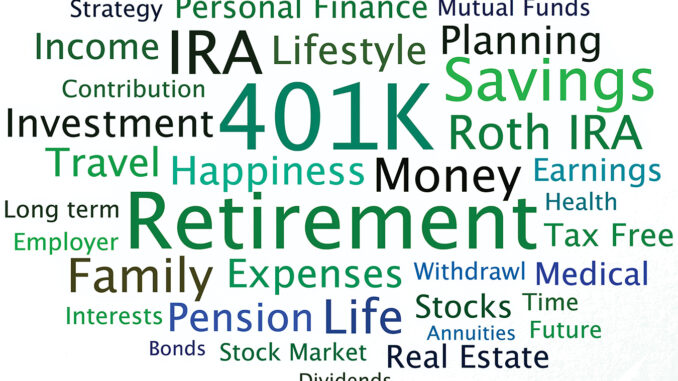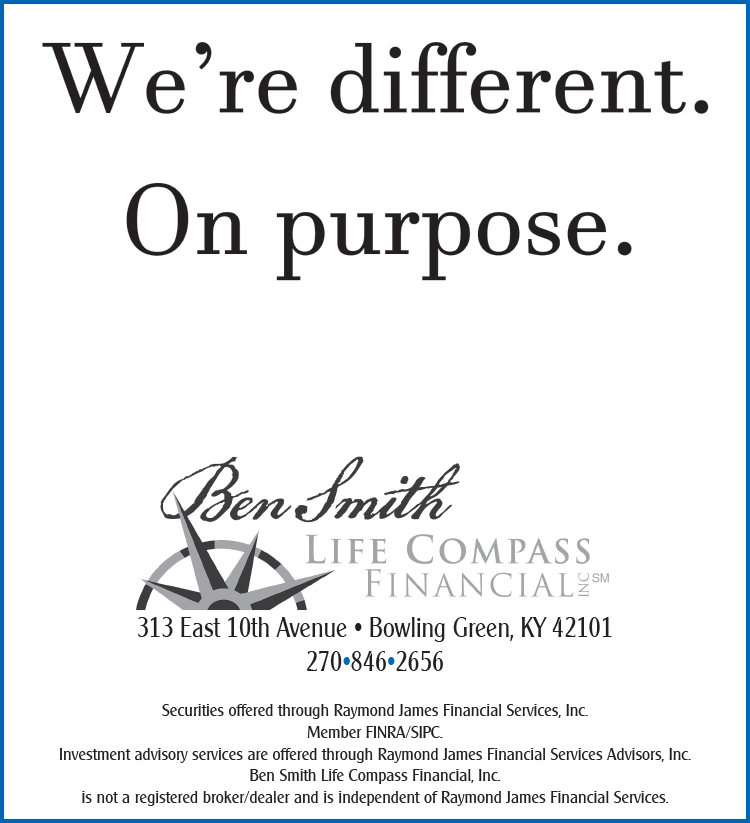
As a small business owner, you wear a lot of hats. From marketing, sales, CFO, and human resources, the responsibilities seem to be endless. One aspect of owning a small business that I’ve found is often overlooked is providing a retirement plan through the business. There are several options for retirement plans your business can offer, depending on the business size, budget, contribution type, and goals for establishing the plan. Throughout this article, we’ll take a deeper dive into the benefits of offering a retirement plan, the different options that are available to you as a small business owner, and the steps you can take to implement a retirement plan in your small business.
A retirement plan for your business can benefit both you and your employees. By offering a retirement plan, your business can become more appealing to job seekers due to workers prioritizing companies that offer benefits – retirement savings options being one of them. A retirement plan can also increase employee loyalty and help reduce turnover in your business, due to employees valuing a company that is willing to invest in their future. Contributions to retirement plans made by the employer are considered business expenses, which can be tax-deductible for the business. This can lower the taxable income of the business, helping provide you, the business owner, with tax savings.
Employees can also benefit from a retirement plan through their workplace. Depending on the type of retirement plan, contributions may be made pre-tax or after-tax, providing them with tax advantages when investing for retirement. Investment earnings in the retirement account grow tax-deferred, allowing for greater compounding over time, and providing them with an additional tax advantage. Since contributions are automatically deducted from paychecks, it makes it easy for employees to save consistently without having to worry about making the contributions themselves. They will additionally have access to a variety of investment options they can choose from, depending on their risk tolerance and retirement goals, to help them achieve financial independence. While retirement plans vary, some offer the ability for the company to make contributions and match contributions to their employees’ accounts. These contributions from the employer can help boost an employee’s retirement savings over time.
When choosing a retirement plan for your business, you’ll have several options to pick from. Each retirement plan offers different features, contribution limits, costs, and administrative requirements, making it important for you to consider the different options based on the purpose of why you want to offer a plan. A few of the more common types of retirement plans are 401(k) plans, SIMPLE IRAs, and SEP IRAs. A 401(k) plan allows employees to defer a portion of their salary pre-tax or after-tax if Roth is available, into an employer-sponsored retirement account that can then be invested based on the investment options available in the plan. The company offering the 401(k) plan can also choose to make matching contributions up to a certain percentage to their employees’ accounts. The 401(k) plan allows for higher contribution limits than its similar counter plan the SIMPLE IRA, but it comes with more administrative work and often a higher cost for ongoing maintenance.
The SIMPLE IRA works very similar to the 401(k) in the way salary deferrals are made by the employees into a retirement account but has a few key distinctions. The SIMPLE IRA plan was designed for small businesses with 100 or fewer employees. Since these plans are specifically designed for small businesses, they have less administrative burden and lower ongoing maintenance costs. The drawback with SIMPLE IRA plans is they do not have as high contribution limits as the 401(k), so you are not able to defer as much income into this type of retirement account. The SIMPLE IRA also has the capability to do employer matching contributions, but the rules state that employers who provide a SIMPLE IRA plan must either match employee contributions up to 3% of their salary or contribute a flat 2% for all eligible employees, giving this type of plan a bit less flexibility.
The last plan I’ll mention is called a SEP IRA. This stands for Simplified Employee Pension Individual Retirement Account. This plan differs from the 401(k) and the SIMPLE IRA in that employees do not make contributions to this account, it is strictly the employer who contributes to them. They also allow for higher contribution limits compared to other plans. For employers offering a SEP IRA, they must make the same percentage contribution for all eligible employees. The contribution that is made is tax-deductible, which helps lower the businesses’ taxable income. We often find these plans are best suited for self-employed individuals or small business owners who are willing to make contributions for all eligible employees.
When implementing a retirement plan for your business, it’s crucial to bring together the right team of experts to help you set it up. Since there are various options available, you’ll want to consult with a financial advisor, like our team of experts, to help you determine the best-fit plan for your business. You will also want to consult with your tax expert to help you better understand the need you have for the plan, and which one may help you maximize your tax advantages. Once you’ve brought together your team of experts, they will help you take the next steps in establishing, maintaining, and growing your plan.
In conclusion, establishing a retirement plan is a strategic move that benefits both you, as a small business owner, and your employees. By investing in a retirement plan, you not only enhance your business’s attractiveness to top talent but also foster loyalty among your workforce, all while enjoying potential tax advantages. With the right guidance and a thoughtful approach, you can create a plan that strengthens your business for years to come.
-by Jacob Young, AAMS®
Financial Advisor, RJFS
313 East 10th Ave. • Bowling Green, KY 42101 • Phone: 270-846-2656
Ben Smith Life Compass Financial is not a registered broker/dealer and is independent of Raymond James Financial Services, Inc. Securities offered through Raymond James Financial Services, Inc. Member FINRA/SIPC. Investment advisory services offered through Raymond James Financial Services Advisors, Inc.
The information contained in this report does not purport to be a complete description of the securities, markets, or developments referred to in this material. Any information is not a complete summary or statement of all available data necessary for making an investment decision and does not constitute a recommendation. Any opinions are those of the author and not necessarily those of RJFS or Raymond James. Investments mentioned may not be suitable for all investors. Please note that the portfolios provided above are general and investment decisions should only be made after a discussion with the appropriate professional about your individual situation.







